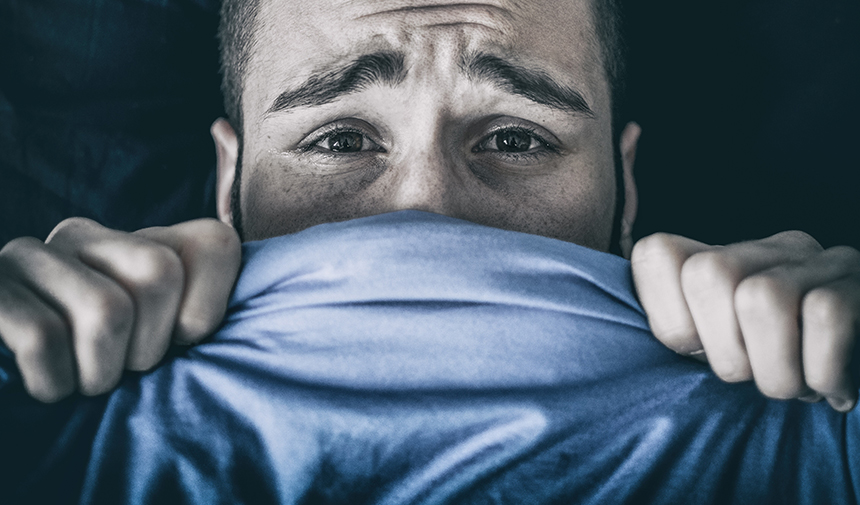Fear is a natural emotion that humans develop to respond to danger or threats they face. This basic human emotion is an important part of our survival mechanism and has shaped human behavior throughout history. Fear triggers the body’s fight-or-flight response to danger and helps us to detect and respond to threats. In this article, we will explore why people are afraid, the origins of fear and the effects of fear on humans.
Origins of Fear
The origins of fear go back to our evolutionary past. Primitive humans had to quickly detect threats in their environment in order to survive. Fear evolved to perceive these threats and respond quickly to them. The fear response increases the heart rate in times of danger, pumping more blood to the muscles and allowing us to move faster. This is known as the fight or flight response.
Fear can occur not only in response to physical threats, but also to social and psychological threats. People can also feel fear in response to social and emotional threats, such as ostracization, failure or uncertainty. This suggests that fear develops not only for survival purposes, but also to protect our social bonds and status.
Causes of fear
There are many reasons why people feel fear. Fear can be associated with a direct perception of threat or with traumatic experiences in the past. Fear is also influenced by societal and cultural factors. The causes of fear are the following:
Traumatic Experiences: Past negative experiences are one of the causes of fear. If a person has experienced a traumatic event before, they may feel fear in similar situations.
Unknown and Uncertainty: People may feel fear of unknown or uncertain situations. This relates to fear of new environments or unknown situations.
Social and Cultural Influences: Society and culture can influence the perception of fear. Media and popular culture can create fear of certain topics. This includes fears associated with social groups or societal norms.
Natural Threats: There are also causes of fear such as physical threats, animals or natural disasters. Fear of such threats stems from the survival instinct.
The Effects of Fear on People
Fear can influence people’s behavior and thinking. While fear provides people with a protection mechanism, it also has social and emotional consequences. Here are the effects of fear on people:
Stress and Anxiety: Long-term or chronic fear can lead to stress and anxiety. This can negatively affect mental and physical health.
Avoidance Behavior: Fear can cause people to avoid situations they fear. This can lead to consequences such as social isolation or missed opportunities.
Societal Impacts: Fear can spread through society and shape social behavior. The perception of fear in society can affect social cohesion and solidarity.
Conclusion
Fear is a basic human emotion with evolutionary origins and a survival purpose. But fear is also shaped by social and cultural factors. Fear influences human behavior and can affect mental and physical health. Understanding the emotion of fear can help people cope with their fears and reduce the negative effects of fear.



